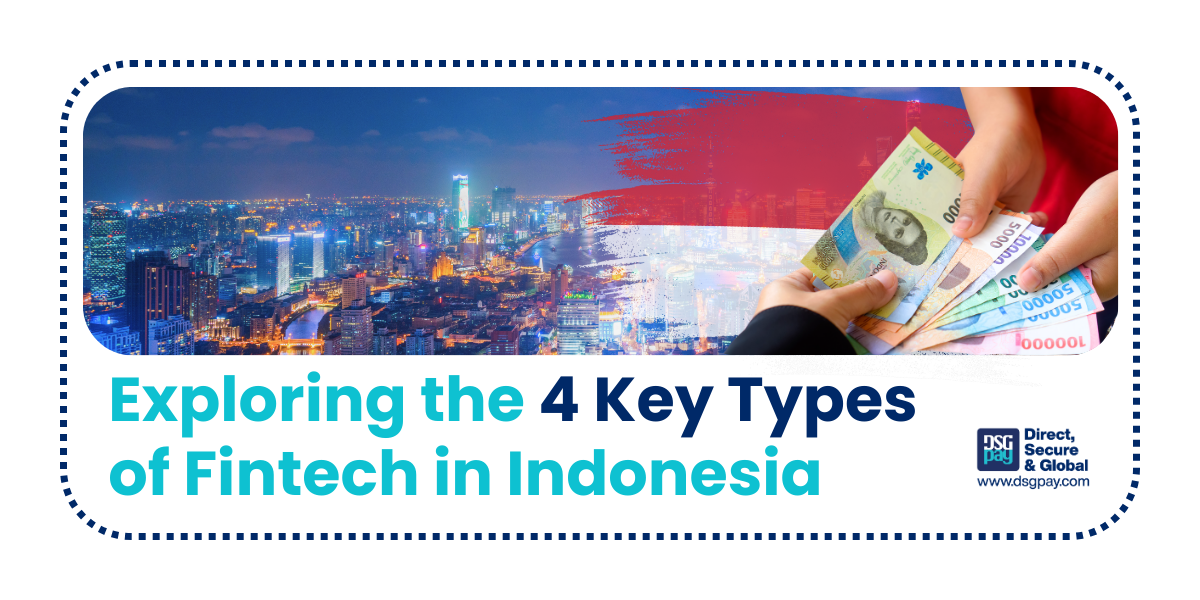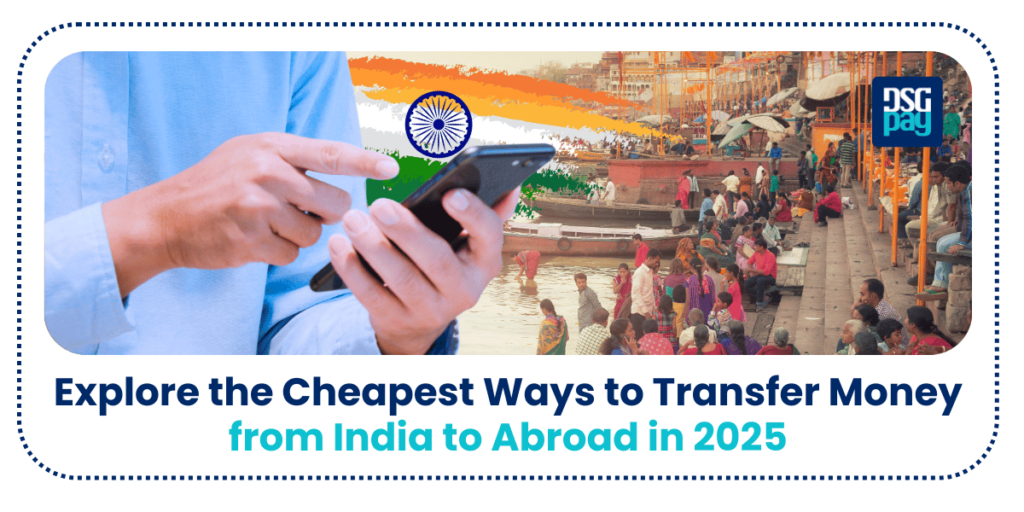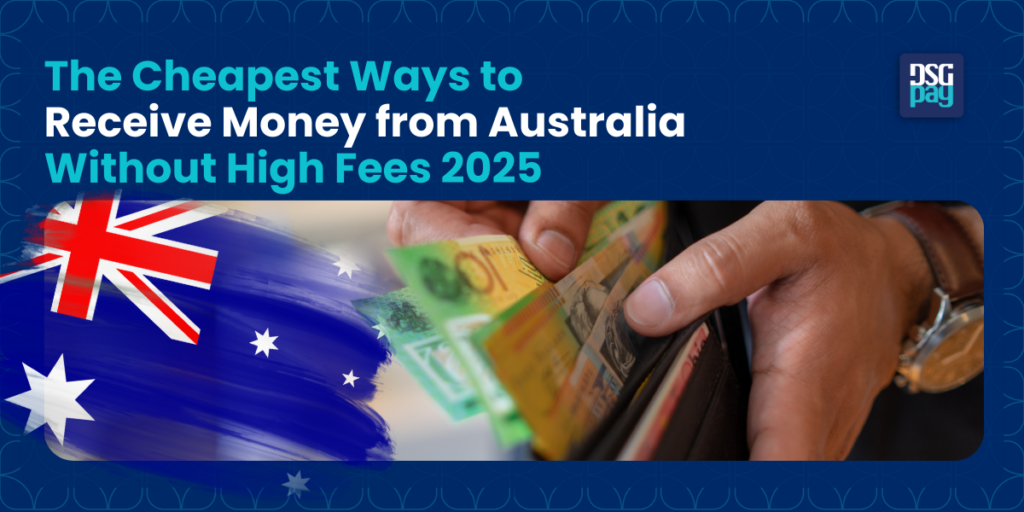As one of Southeast Asia’s most dynamic economies, fintech in Indonesia is driving a groundbreaking revolution. From digital payments to equity crowdfunding, financial technology is reshaping how Indonesians interact with money, paving the way for greater financial inclusion and economic empowerment.
In this blog, we delve into the transformative journey of fintech in Indonesia, exploring its innovations, impact, and promising future.
Table of Contents
Unfolding Indonesia’s Fintech Revolution
The rise of fintech in Indonesia is a compelling story of adaptation and ingenuity. A combination of increased smartphone penetration, widespread internet access, government support, and a significant unbanked population has fueled the rapid growth of digital financial services. These factors have positioned Indonesia as a leader in the fintech space within the region.
What Are the Types of Fintech in Indonesia?
Fintech in Indonesia can be categorized into four primary types based on their business models:
1. Digital Payment
Digital payment solutions are at the forefront of fintech in Indonesia, enabling seamless online transactions and promoting a cashless society. Popular platforms include:
- GoPay: As an integral part of the super-app Gojek, GoPay has leveraged its wide user base to become one of Indonesia’s leading digital wallets.
- OVO: Backed by ride-hailing giant Grab and the Lippo Group, OVO has established a robust presence in Indonesia’s digital payments landscape.
- DANA: As a standalone digital wallet, DANA offers a variety of services ranging from payments and transfers to online shopping.

2. Online Lending
Peer-to-peer (P2P) lending platforms are revolutionizing access to credit in Indonesia. By offering an alternative to traditional banking, platforms like Investree and Amartha enable small businesses and individuals to secure loans conveniently and affordably.
The P2P lending model has proven especially beneficial for SMEs, which often face barriers when seeking credit from traditional banks. With simplified application processes and quicker approvals, online lending platforms have become a lifeline for entrepreneurs looking to grow their businesses.
3. Digital Financial Innovation (DFI)
Innovative products such as market aggregators, blockchain technologies, and credit scoring tools fall under the umbrella of DFI. These solutions enhance transparency, efficiency, and accessibility in financial services.
For example, blockchain technology has the potential to revolutionize transaction security, while credit scoring tools make it easier for lenders to assess borrower risk. Market aggregators, on the other hand, simplify financial decision-making by comparing various products and services.
4. Equity Crowdfunding (ECF)
Equity crowdfunding platforms empower individuals to invest in startups or small businesses in exchange for equity, fostering entrepreneurship and diversifying investment opportunities.
This model has opened new avenues for funding, allowing startups to secure capital without relying solely on venture capital or bank loans. At the same time, it provides everyday investors with the opportunity to support and benefit from promising ventures.
Fostering Financial Inclusion
The rise of digital financial services is playing a pivotal role in fostering financial inclusion in Indonesia. By offering accessible and affordable financial solutions, these services are filling the gaps left by traditional banking institutions. This shift not only empowers individuals but also integrates them into the formal economy, unlocking new growth opportunities.
For instance, digital wallets, enable users to store and transfer money without needing a traditional bank account. Meanwhile, online lending platforms provide access to credit for those previously excluded from financial systems.

Driving Economic Growth
The influence of fintech in Indonesia extends beyond inclusion to economic development. By facilitating transactions, promoting entrepreneurship, and creating jobs, fintech plays a pivotal role in driving the nation’s economic growth. For instance, P2P lending platforms support SMEs, while digital payment systems simplify commerce for businesses and consumers alike.
Moreover, the adoption of fintech solutions has spurred innovation across industries, encouraging competition and improving service delivery. This dynamic ecosystem not only benefits consumers but also attracts foreign investment, further boosting economic prospects.
Future Perspectives: Embracing the Fintech Revolution
The journey of fintech in Indonesia is far from over. As the ecosystem matures, advancements in artificial intelligence, blockchain, and regulatory frameworks promise to shape its future. With increasing user adoption and technological innovation, Indonesia is poised to become a global leader in financial technology.
Collaboration between the government, fintech companies, and traditional financial institutions will be crucial in ensuring sustainable growth. By addressing challenges such as cybersecurity and data privacy, stakeholders can build a robust and resilient fintech ecosystem that serves all segments of society.
Conclusion
The rise of fintech in Indonesia is a testament to the transformative power of technology. From digital payments to equity crowdfunding, these innovations are revolutionizing financial inclusion and fostering economic growth. As we look to the future, the potential for fintech to create a more inclusive and prosperous Indonesia is limitless.
Explore how DSGPay’s cutting-edge solutions are contributing to this revolution. Contact us today to experience the future of finance firsthand.



